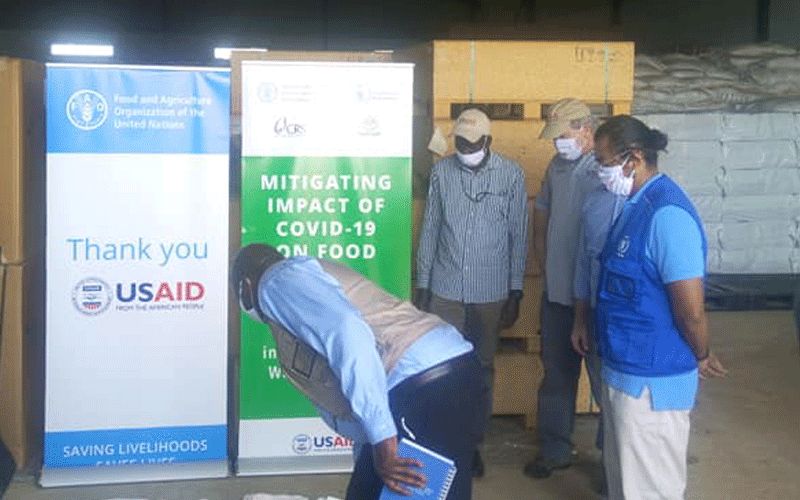Juba, 23 July, 2020 / 7:07 pm (ACI Africa).
The Catholic Relief Services (CRS) in partnership with the United Nations Food and Agricultural Organization (FAO) together with the World Food Program (WFP) have launched a USAID funded project to mitigate the increasing concern over food security in urban centers of the East-Central African county.
Through the project, the humanitarian agencies aim to support vulnerable urban dwellers who have been hit hard by COVID-19 restrictions in the country by providing them with tools to practice urban farming. Others will be provided with capital to start small income generating projects in the country’s capital.
At the launch of the project at the FAO’s warehouse in the capital Juba on Thursday, July 23, WFP Deputy Head of Program Ernesto Gouzalez told journalists, “Food security, poverty is a very complex phenomenon and that is why with the expertise of WFP, FAO and CRS, with the support of USAID, we are here in this project to mitigate the impact of the pandemic.”
Each of the three partners has a role to play in the project implementation until the end of the rainy season in the country.
Gouzalez told members of the press after exhibiting the seeds that would be distributed to the farmers that WFP is managing the component of food provision. He said that at least 120,000 people with a traditional WFP basket will be assisted in Juba.








